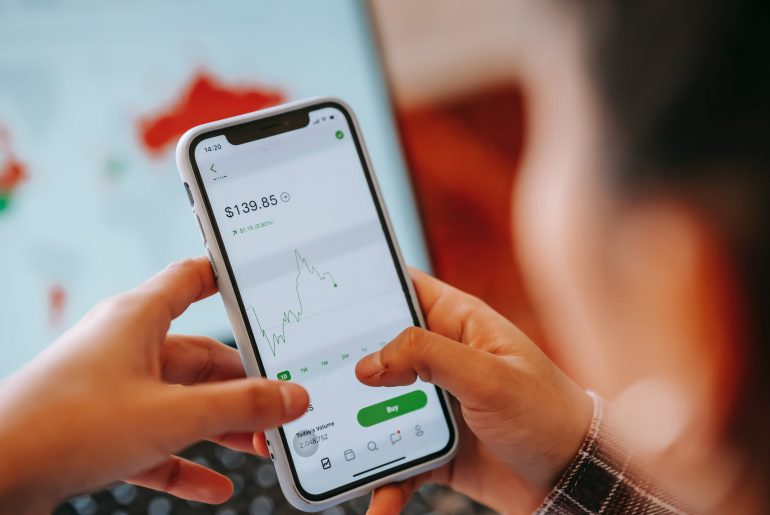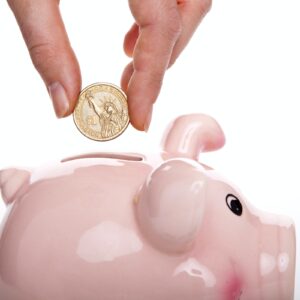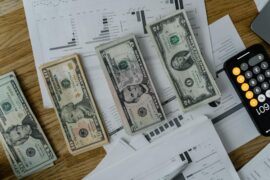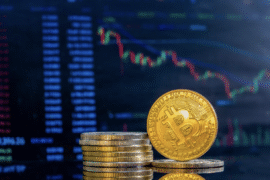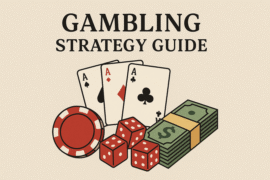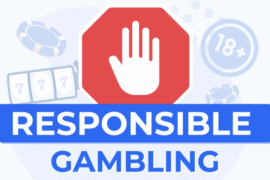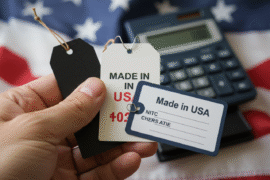This article may contain references to products or services from one or more of our advertisers or partners. We may receive compensation when you click on links to those products or services. Nonetheless, our opinions are our own.

Updated by Albert Fang
If you recently accrued a considerable amount of money or have spare cash around, you probably must have researched investment options. In that case, you must have come across various platforms and Internet pop-up ads promising huge returns in a short time by investing a small sum in forex trade.
Stop right there! Do not click on the pop-up ad or any message promising to double your money without any real effort required on your part. This is an enormous red flag you can come across while exploring trading options. But this is not the only one; there’s a whole laundry list of things to beware of.
Again, we are not here to dissuade you from investing in forex, but here are some things you need to know to avoid getting scammed.
What is Forex Trading?
Forex trading means to buy or sell foreign currency relative to a fixed price in US Dollars. The entire trade depends upon the foreign exchange rate of the currency you invested in as it fluctuates in the market. In this type of trading, the investor doesn’t actually see the currency they invested in, much like stocks. But can trade and withdraw when they deem fit or see a profit.
Foreign Exchange Market is, without a doubt, the largest and most dynamic market in the world. It’s rightfully called ‘the market that never sleeps’ because currencies fluctuate all the time. The foreign exchange rate depends on significant players like central banks, large corporations, and governments.
Due to the dynamic nature of the foreign exchange and its volatility, it can result in considerable losses in a short amount of time. This is quite the opposite of get-rich-quick. Remember that pop-up ad?
How Do Scammers Target Their Prey?
Forex Scams are usually quite elaborate and sophisticated with well-planned marketing and advertising. From ads in local daily to social media influencers, you’ll find them everywhere. In most cases, such scams promise investors leverage, which basically means the right to control a large chunk of foreign currency by putting up an advanced deposit of what seems to be pretty insignificant compared to the total amount.
They will then proceed with predictions and forecasts about how the proposed currency will get an assured increase in price soon. The premise is to make the investor believe that they can make a massive sum of money over a short time with no risk.
Investors are promised returns in millions in just a few weeks by making an initial deposit of just a couple of thousand bucks. In reality, the deposit is rarely placed in the market and instead is pocketed by the scammer. When the investor enquires about the returns, they may ask for more deposits in the name of trading fee, commission, or money transfer charge, which again vanishes.
When the investor starts getting suspicious or refuses to pay any further, the phony broker will either cut all communications or vanish. This is the most common MO for a majority of forex trading scams and easily salvageable as well. There are various forex trading scam recovery methods like professional recovery companies, reporting to the regulatory body like CFTC, or contacting the bank to chargeback.
What Are The Red Flags in Forex Trading?
Now that you’re aware of how the forex trade scam works let’s go over some of the telltale signs. As mentioned before, be very, very cautious of offers that are too good to be true. These double-or-nothing type scams are often phony, especially in a volatile market like forex trading.
Another red flag is random phone calls from international numbers offering investment. For example, when a Nigerian prince from Ghana emails you offering 100 million Dollars by depositing a small transfer fee of $10,000, you turn around, and you run.
Forex trading scams often target vulnerable people, including out-of-job individuals, just retired seniors who cashed their retirement fund, or inexperienced individuals exploring their options. If you consider yourself to be such an individual, be very skeptical of anyone offering a sweet deal and pressuring you to send or transfer cash urgently.
These are some red flags that one must watch out for but also do your own diligence. Study the market, think logically, and understand the product on offer.
Always Make Sure To Know What You’re Doing
Even when you intend to invest your hard-earned money through a well-known broker, it’s always wise to investigate. First, head to the dedicated Background Affiliation Status Information Center (BASIC) portal available on National Futures Association (NFA). The page is for anyone to find out information about any firm or broker registered with CFTC.
In addition, if you find yourself as a fraud victim, call the toll-free number 866-FON-CFTC (866-366-2382) to report the scam. Alternatively, victims can head to the online form on the CFTC website to report the fraud.
In summation, it’s quite prevalent to get tempted and fall prey to forex scams, thanks to elaborate and convincing marketing. But by keeping a few things in mind, you can not only safeguard yourself but also recover your money, in case you get defrauded.

Reviewed and edited by Albert Fang.
See a typo or want to suggest an edit/revision to the content? Use the contact us form to provide feedback.
At FangWallet, we value editorial integrity and open collaboration in curating quality content for readers to enjoy. Much appreciated for the assist.
Did you like our article and find it insightful? We encourage sharing the article link with family and friends to benefit as well - better yet, sharing on social media. Thank you for the support! 🍉
Article Title: Forex Trading Scam Alert: Everything You Need To Know About Foreign Exchange Currency Scam
https://fangwallet.com/2021/06/22/forex-trading-scam-alert-everything-you-need-to-know-about-foreign-exchange-currency-scam/The FangWallet Promise
FangWallet is an editorially independent resource - founded on breaking down challenging financial concepts for anyone to understand since 2014. While we adhere to editorial integrity, note that this post may contain references to products from our partners.
The FangWallet promise is always to have your best interest in mind and be transparent and honest about the financial picture.
Become an Insider

Subscribe to get a free daily budget planner printable to help get your money on track!
Make passive money the right way. No spam.
Editorial Disclaimer: The editorial content on this page is not provided by any of the companies mentioned. The opinions expressed here are the author's alone.
The content of this website is for informational purposes only and does not represent investment advice, or an offer or solicitation to buy or sell any security, investment, or product. Investors are encouraged to do their own due diligence, and, if necessary, consult professional advising before making any investment decisions. Investing involves a high degree of risk, and financial losses may occur including the potential loss of principal.
Source Citation References:
+ Inspo
